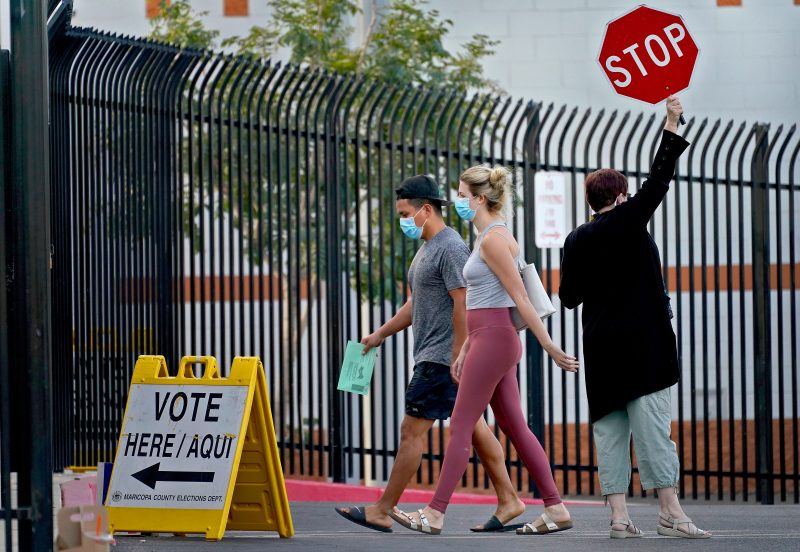As voting rights continue to be a focal point of national discourse, the state of Arizona is facing concerns regarding the use of schools as polling locations. The debate arises from a variety of factors, ranging from logistical challenges to security considerations. Schools have historically served as convenient and accessible polling locations, but the increasing scrutiny and potential disruption surrounding elections have prompted schools in Arizona to reconsider their role in the voting process.
One of the primary reasons schools in Arizona are hesitant to act as polling locations is the impact on educational activities. With the possibility of disruptions, security concerns, and space limitations, schools are finding it increasingly difficult to balance the demands of hosting an election while maintaining a safe and productive learning environment. The potential for conflicts between voters and students, as well as disruptions to daily school operations, has led many schools to opt out of serving as polling locations.
Moreover, the safety and security of students are significant factors influencing the decision to move away from using schools for elections. In an era marked by heightened security threats and concerns, school officials are understandably cautious about introducing additional risks by opening their facilities to the public during elections. Schools must prioritize the well-being of their students and staff, and the potential for unforeseen incidents or disturbances during the voting process presents a valid cause for concern.
Additionally, the logistics of transforming a school into a polling location present practical challenges that cannot be understated. From ensuring adequate parking and access for voters to accommodating the necessary voting equipment and personnel, schools must navigate a host of logistical hurdles to successfully host an election. These challenges are further compounded by the need to comply with legal requirements and regulations governing polling locations, adding another layer of complexity to the process.
In response to these challenges, alternative solutions are being explored to ensure that voters have convenient access to polling locations while minimizing disruptions to schools. Options such as designated voting centers, community centers, or government buildings are being considered as viable alternatives to schools. By decentralizing polling locations and distributing them across a wider range of facilities, election officials hope to alleviate the strain on schools and provide voters with accessible and secure places to cast their ballots.
The debate over the use of schools as polling locations in Arizona underscores the evolving landscape of election administration and the delicate balance between civic engagement and other societal priorities. As schools grapple with the implications of hosting elections, stakeholders must collaborate to find solutions that uphold the integrity of the voting process while safeguarding the well-being of students and educators. By engaging in thoughtful dialogue and exploring innovative approaches, Arizona can navigate this challenge and ensure that voting remains a fundamental right accessible to all.


























